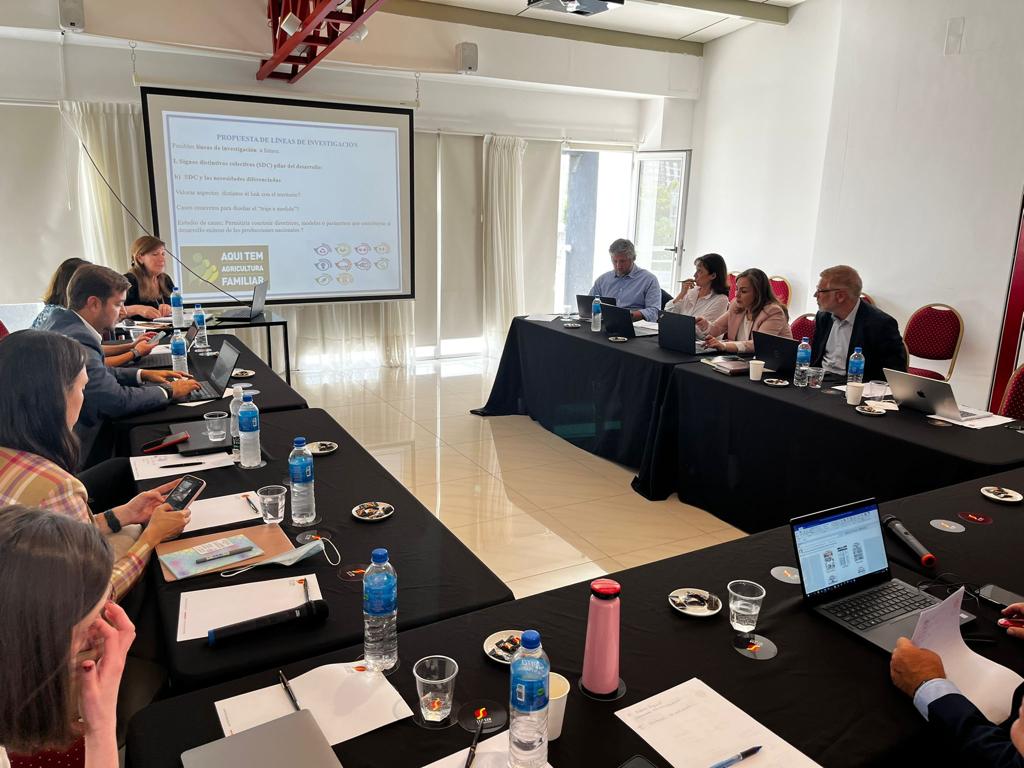
In the Workshop, the possible causes of the almost null activity of the competition authorities in the region regarding abuses in technology transfer contracts were discussed. Some hypotheses discussed were:
Given this outcome of the comparative study, it was discussed how to proceed further on the topic of competition law. One proposal was to expand the focus to analysis of cases involving IP in general and not only technology transfer. In the region there is greater activity by competition authorities in this area, although it is still incipient. Likewise, in order to cover innovation issues, it could be considered to include analysis of the digital economy. In these markets there are important intangible assets such as databases. It is also an area where there is the impression that there is greater entrepreneurship in Latin America. There are already a number of companies that have exceeded valuations of USD 1 billion, such as Mercado Libre.
However, the alternative of maintaining the focus on technology transfer contracts was also raised due to the importance of this phenomenon in the development of the region. Likewise, there is a perception that the low technology transfer activity in Latin America may be a competition problem and the guides may be a good catalyst for the attention of the competition authorities.
In summary, the two alternatives that were discussed are as follows:
1. Guidelines for the analysis of competition cases on intellectual property related conduct.
2. Alternative approach - continue to focus on technology transfer (contracts) with the same analysis points described above where applicable.
Participants:
Mexico: Rafael Perez Miranda
Colombia: Juan David Gutiérrez and Manuel Guerrero
Peru: Juan Francisco Rojas
Chile: Felipe Irarrázabal
Argentina: Marcelo D'Amore
Uruguay: Andrea Barrios
Brazil: Juliana Krueger
Moderator: Francisco Beneke